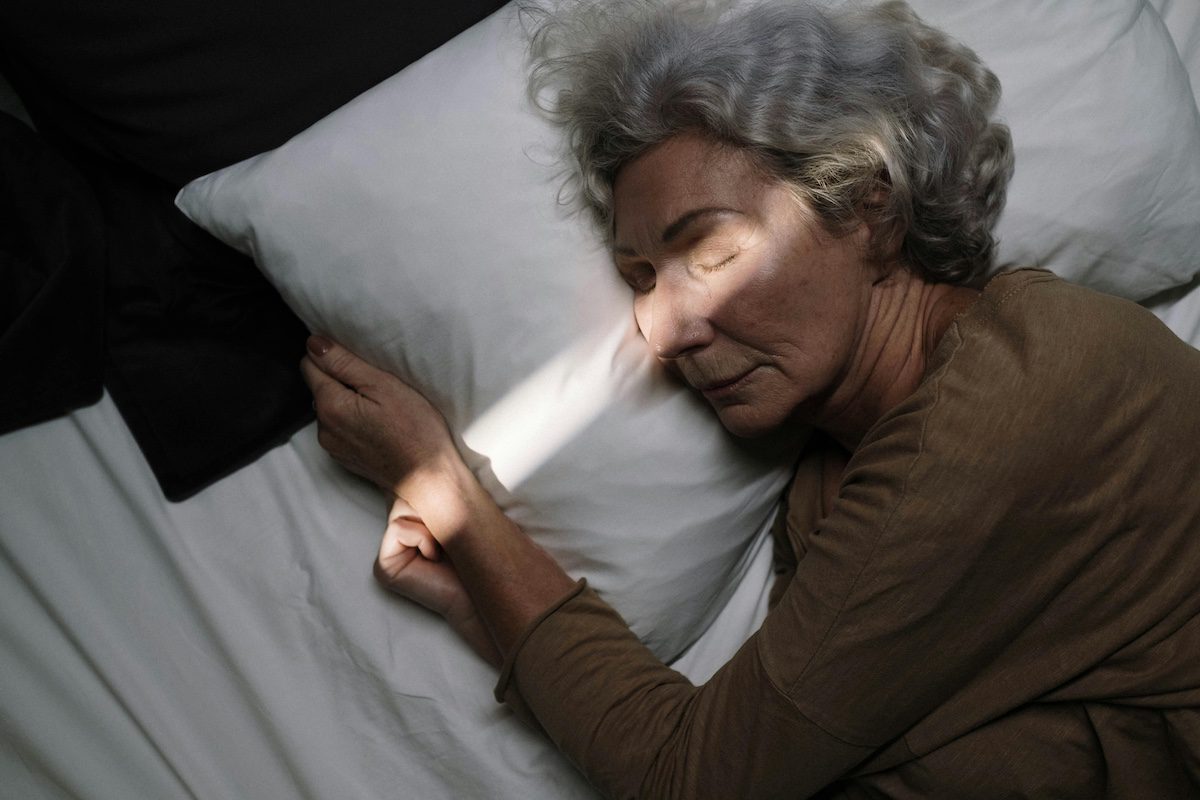Senior citizens can benefit from having a pet in their lives for many reasons. Pets give companionship, unconditional love, and purpose to senior citizens who may feel isolated or lonely.
Animals also encourage daily activity and outdoor exploration as well as provide comfort to those who are grieving or facing illness. Therefore, it is important to consider if owning a pet is right for an individual senior citizen before making the decision.
In this blog post, we will discuss how pets can benefit senior citizens and the best types of pets for seniors, as well as alternatives to owning a pet and things to consider before committing to owning a pet.
How Pets Can Benefit Senior Citizens
There are many ways in which having a pet can benefit senior citizens. Let’s take a look at some of the most common ways pets can benefit senior citizens:
1. Companionship
Pets provide companionship and unconditional love to those who may be feeling lonely or isolated from their social circles. They also offer comfort and support in times of grief and illness, which can be especially important for elderly individuals.
2. Exercise
Owning a pet provides seniors with an opportunity to get outside and enjoy exercise such as walking the dog or playing fetch. This activity not only helps to keep them physically active but can also lift moods and help ward off depression.
3. Social Interaction
Caring for a pet encourages seniors to interact with others, both animals and people alike. This interaction can help seniors stay socially connected, especially if they are unable to get out of the house or have limited social circles.
4. Structure and Purpose
Having a pet can give seniors structure and purpose in their lives by providing them with daily routines such as feeding or walking the animal. This sense of purpose can help keep depression at bay and give seniors a reason to look forward to every day.
Best Pets For Senior Citizens
Although dogs are often seen as the best pet for elderly individuals, several other animals can also provide companionship and health benefits.
1. Dogs
Dogs are often the best pet for seniors because they require daily walks, which encourages physical activity and social interaction. They also provide comfort and unconditional love to those in need.
2. Cats
Cats are a great choice for seniors who don’t have the energy or lifestyle to accommodate an active dog. They still provide companionship without taking up too much of their owner’s time or energy.
3. Fish
Fish tanks offer a calming environment with beautiful colors and movement, which can help reduce stress levels and even improve mental clarity in some individuals. Fish tanks can be kept in smaller spaces, making them an ideal choice for seniors who may not have a lot of room.
4. Birds
The beauty of birds and their songs can be soothing to seniors and provide some mental stimulation as well. They are relatively low-maintenance pets, needing only daily feedings and occasional cleanings of the cage.
Alternatives To Owning A Pet As A Senior Citizen
For those who may not be able to own a pet due to physical or financial limitations, there are several alternatives available:
Animal Shelters
Volunteering at an animal shelter provides seniors with an opportunity to interact with animals without having the responsibility of owning one themselves. This is also a great way for seniors to stay socially connected and give back to their community.
Pet Sitting
Pet sitting is a great way for seniors to interact with animals without the long-term commitment of ownership. Seniors can choose when and for how long they would like to pet sit, making it an ideal choice for those who may be unable to own a pet due to physical or financial limitations.
Animal-Assisted Therapy
For those who are facing illness or grief, animal-assisted therapy can provide emotional support and stress relief in a safe environment.
Animal-assisted therapy often takes place in hospitals or hospice centers where trained animals such as horses, cats, dogs, or even dolphins are used to help individuals cope with their situation.
Foster Care
There are many animal shelters and rescue organizations that offer foster care opportunities for seniors. This allows them to experience the joys of having an animal companion without committing to full ownership.
Things To Consider Before Getting A Pet As A Senior Citizen
When considering getting a pet as a senior citizen, it is important to take into account the individual’s physical and financial limitations.
It is also essential to consider any relevant medical conditions such as allergies or mobility issues that may limit what type of pet is suitable for them.
Additionally, seniors should research the cost of ownership for their chosen pet and make sure they can afford it over the long term.
Finally, seniors should think about how much time and energy they are willing to dedicate to taking care of their new companion.
Are Pets Beneficial For Hospice Patients?
For hospice patients, pets can be an invaluable source of comfort and companionship during their final days. Animals have been known to provide comfort and a sense of purpose to those who are facing terminal illnesses, including hospice patients.
Pets can also help reduce stress levels, alleviate pain, and even bring laughter into their lives. They provide unconditional love that can be incredibly helpful during difficult times.
Animals are not only beneficial for hospice patients but can also benefit family members who may be struggling with the emotional impact of their loved one’s diagnosis.
Final Thoughts
In conclusion, pets offer many health benefits for seniors and can be an invaluable source of companionship and support.
However, it is important for seniors to research what type of pet is best suited for them and consider all the potential costs associated with ownership before taking on this responsibility.
Although pets can be beneficial for hospice patients, it is important to weigh all the pros and cons before making a decision.
Ultimately, senior citizens should choose a pet that will bring them joy and provide them with emotional support during their golden years.



